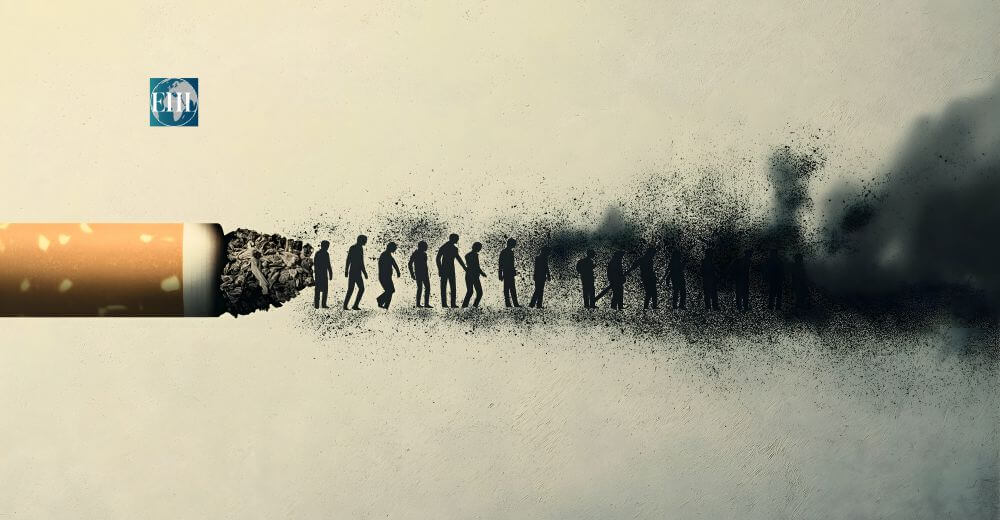The Female Force
Addiction has been an epidemic condition, invading the lives of millions of individuals on the planet. Recovery from addiction has been a male face, male narratives, and male thinking for decades. All of this is now changing. Women are coming forward to lead in reshaping the face of recovery from addiction and bringing much-needed compassion, imagination, and holistic thinking to this noble vocation. When women enter leadership, step forward as champions, and break the stereotype of recovery, they truly are revolutionizing attitudes and recovery styles from addiction.
The Power of Female-Driven Solutions
Traditionally, services for addiction have been constructed from male models from the male pattern of addiction and men’s pathways into treatment services. Women’s addiction experiences, nevertheless, are quite different from those of men. Women’s social pressures, traumatic events, and women’s own barriers to gaining access to help, women within the addiction recovery community talk most powerfully about the overlooked critical needs.
Addict women recoverees themselves are also stepping forward to lead the recovery movement.
These women are experiencing firsthand what addiction is, and life experience does impart some sense to them regarding how recovery services need to be defined. They are indeed defining where women in recovery are heard, supported, and understood. As leaders and activists, these women are breaking down stigma, loneliness, and the crushing weight of shame that too often adhere to addiction, especially for women.
The Role of Female-Specific Recovery Programs
While co-ed treatment centers have been the norm for decades, more and more, there is awareness that women require female-only programs. Women will tend to enter addiction recovery with unique issues, including trauma, domestic violence, parenting, and peer pressure. To address these, more and more women’s recovery centers are being set up. These offer a safe environment in which women can identify with other women who have had similar histories and problems.
It has been documented through research that women in recovery perform very well in women-only environments, in which they feel comfortable to openly and honestly share without fear of judgment or disruption by their male peers.
Women are encouraged to discuss the gender-specific dynamics of their addiction within a female-dominant environment, such as how gender roles and societal norms contributed to the use of alcohol and drugs.
They typically incorporate trauma-informed care since a staggering majority of recovering women have experienced trauma, including sexual assault and intimate partner violence, that is most likely to have been a primary cause of addiction. Addressing trauma at its source, these programs allow women to form healthier coping mechanisms and empower themselves once again. The Rise of Women in Recovery Leadership Perhaps the most revolutionary of transitions in recovering from addiction has been women rising to leadership positions at recovery homes, advocacy groups, and the policy-making tables to set policy that affects recovery.
Addiction treatment has traditionally been a man’s field as providers of care and developers of recovery programs. But women are responding, leading the charge to bring the system of recovery from addiction to all people, and to women in particular. Women leaders in recovery from addiction are not only providing desperately needed services, they are also challenging policy reform that addresses the gender-related issues of women in recovery.
They are calling for increased access to treatment, increased funding for women-only programs, and decreased stigma that has disenfranchised so many women from seeking help.
These leaders prioritize mental health, trauma healing, and community support and are making these priorities in recovery from addiction. The women’s voice also demand recovery action that is integrated and holistic and that reaches out to touch lives on an emotional, psychological, and physical level. Peer support and community building are also demanded by the majority of the women leaders, with complete awareness that recovery is not narcissistic but a process whose success lies in the context of a recovery-supportive community where people support and energize one another.
The Power of Women Peer Support in Recovery
With more and more women leaders, women’s peer support is becoming the cornerstone of the recovery process.
Most women in recovery find that a close circle of support from other women is at the heart of their success.
Women’s peer support groups offer an environment of empathy where women feel that they can be honest and talk freely about what they are going through. The support groups offer an environment of safety where women can discuss openly issues that they experience in recovery without judgment. Peer support is of pivotal significance to women facing the intersectionality of gender and addiction as well. Women recovering from addiction also face gender-specific issues to overcome, including motherhood and recovery, social pressure to return to traditional gender roles, or more prevalent mental health issues for women, including depression and anxiety. Women’s peer groups offer the possibility of a sense of solidarity and mutual understanding not always available in traditional co-ed recovery groups.
Raising Awareness and Reshaping Stigma
Another way in which women are transforming addiction recovery is through breaking the addiction stigma as applied to women.
Addiction of women has always been discursively framed through shame discourse, as women who were addicted were pathologized as weak, sinful, or damaged mothers. Such public stigmatization will also discourage women from seeking the treatment of addiction and may further stigmatize recovering women. Recovering women are shattering such a cliche and constructing new empathetic and knowledge-based discourses about women’s addiction.
More and more, women are coming out and talking about their situation, supporting and bringing hope to other women who might otherwise remain silent and hide behind shame at being different from their peers. All of this is slowly changing society’s idea about addiction, and it’s increasingly possible for women to speak up and take part in the healing process without being burdened with all societal disapproval.
Read More – Click Here









